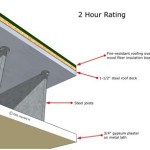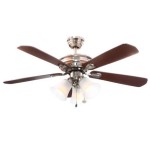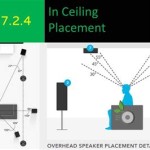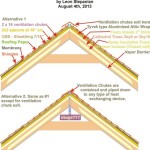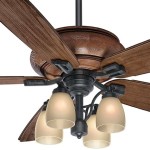Sound Deadening Insulation For Basement Ceiling
Soundproofing a basement ceiling can significantly reduce noise transmission from the basement to the upper levels of your home. Whether you're looking to create a more peaceful living space, improve sleep quality, or enhance your home theater experience, sound-deadening insulation is an effective solution.
There are several types of sound-deadening insulation available, each with its own advantages and disadvantages. Here's a comprehensive guide to help you choose the best insulation for your basement ceiling and improve the acoustic comfort of your home:
### Types of Sound-Deadening Insulation1. Fiberglass Batts with Soundproofing Layer:
Fiberglass batts with a soundproofing layer are a popular and affordable option. These batts are made of fiberglass fibers but have an additional layer of sound-absorbing material, such as mass-loaded vinyl or acoustic cloth, attached to one side.
2. Soundproofing Panels:
Soundproofing panels are pre-fabricated panels made of various materials, such as acoustic foam, mineral wool, or recycled materials. They are designed to absorb and block sound waves and can be easily installed on basement ceilings.
3. Spray Foam Insulation:
Spray foam insulation is a liquid foam that expands and hardens to fill gaps and cavities. It provides excellent soundproofing and air sealing, but it can be expensive and requires professional installation.
4. Mass-Loaded Vinyl (MLV):
Mass-loaded vinyl is a heavy, flexible material that blocks sound waves by adding mass to the ceiling. It is often used in conjunction with other insulation materials to enhance soundproofing.
5. Acoustical Ceiling Tiles:
Acoustical ceiling tiles are suspended from the ceiling and have a sound-absorbing surface. They are commonly used in commercial and public spaces but can also be used in basements to reduce noise levels.
### Selecting the Best InsulationThe best sound-deadening insulation for your basement ceiling depends on your specific needs, budget, and the existing construction of your home. Here are some factors to consider when choosing:
*Noise Reduction Coefficient (NRC):
The NRC measures the sound-absorbing ability of materials. Higher NRC values indicate better sound absorption. *Thickness:
Thicker insulation generally provides better soundproofing. *Density:
Denser materials absorb more sound than less dense materials. *Fire Resistance:
Choose insulation with a high fire resistance rating for increased safety. *Cost:
Compare the costs of different insulation types and installation methods. ### InstallationSound-deadening insulation should be installed according to the manufacturer's instructions to ensure optimal performance. Typically, the insulation is attached to the underside of the basement ceiling joists using staples, adhesive, or a combination of both.
### ConclusionBy choosing the right sound-deadening insulation and installing it properly, you can effectively reduce noise transmission from your basement, creating a more peaceful and comfortable living space.

Soundproofing Ceilings How To Soundproof A Ceiling

6 Cheapest Ways To Soundproof A Basement Ceiling

Soundproofing A Ceiling Unfinished Basement Ideas Cheap Renovations

How To Soundproof A Basement Ceiling

Nova Basement Remodeling Soundproofing In

7 Ways To Soundproof A Ceiling That Really Work

Best Insulation For Soundproofing Your Ceiling Renoviso

What To Know About Soundproofing A Basement Ceiling

How To Soundproof A Basement Ceiling The Only Guide You Ll Ever Need Better Soundproofing

House Works Your Questions On Soundproofing Insulating Furnace Replacement Ottawa Citizen

